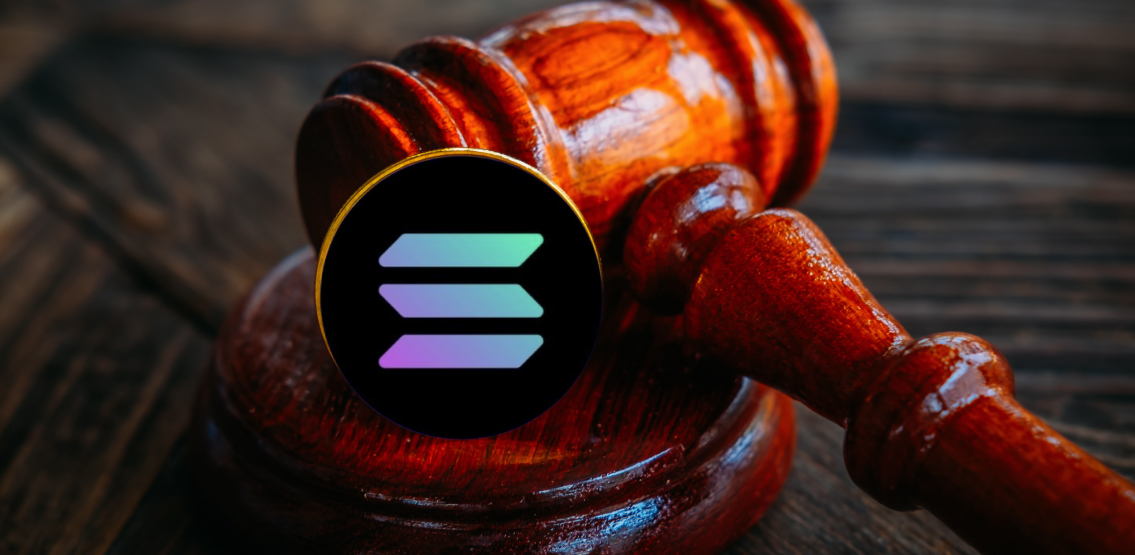A lawsuit has been filed against Solana Labs and venture capital firm Multicoin, alleging that Solana’s SOL token is an unregistered security from which insiders have benefited at the expense of retail.

Key figures in the Solana ecosystem are accused of illegally benefitting off SOL, the blockchain’s native token, which the lawsuit claims is an unregistered security, in a prospective class-action lawsuit that was filed in a federal court in California last week.
The Solana Foundation, Solana Labs, and [Anatoly] Yakovenko’s administration and development of the Solana blockchain, combined, are described as the “cornerstone of the value of SOL securities” in the lawsuit. The lawsuit states that SOL was characterized as a highly centralized cryptocurrency that favored its insiders at the expense of regular traders.

Solana Labs, the Solana Foundation, Anatoly Yakovenko of Solana, multibillion-dollar cryptocurrency venture Multicoin Capital, Kyle Samani of Multicoin, and trading desk FalconX are named in the lawsuit brought by California citizen Mark Young, who claims to have purchased SOL in late summer 2021.
Young claims in the complaint that the creation and sale of SOL satisfy the three criteria set forth in the Howey Test, a decision by the U.S. Supreme Court that is frequently used as a yardstick to determine whether a transaction constitutes the sale of a security or not.
“Purchasers who bought SOL securities have invested money or given valuable services to a common enterprise, Solana. These purchasers have a reasonable expectation of profit based upon the efforts of the promoters, Solana Labs and the Solana Foundation, to build a blockchain network that will rival Bitcoin and Ethereum and become the accepted framework for transactions on the blockchain,” the filing stated regarding the three forks of the Howey Test.

Young mentioned a number of SOL token sales or agreements to sell SOL tokens in the filing that occurred before the token’s initial public offering.
According to a Form D Solana Labs submitted to the U.S. Securities and Exchange Commission, the company was selling “the future rights” to about 80 million SOL and that the sale was exempt from SEC registration.
The lawsuit claimed that Multicoin, a significant cryptocurrency venture capital firm that has made substantial investments in the Solana ecosystem, “offloaded millions of SOL” onto retail after “relentlessly” promoting the token despite the Solana blockchain’s technical difficulties. According to the lawsuit, this purported unload went through FalconX’s over-the-counter trading desks.
Recently, Binance.US was sued for allegedly deceiving investors during the Terra implosion by Young’s law firm Roche Freedman.